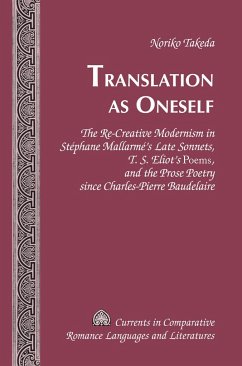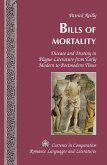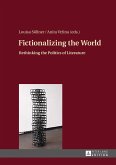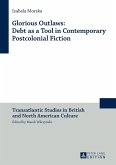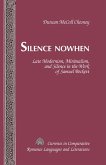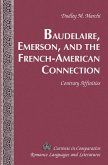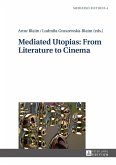Translation encompasses the whole of humanness, and, as indicated by C. S. Peirce, translation is interpretation. It involves the cognitive process in its entirety, which is based on the unconscious life force shared globally through the species. Synonymous with "untranslatability" in the challenging ambiguity, the generic unit named modernist poetry represents the potential of human activities as incessant translations. The interactive cognateness of translation and modernist poetry is clarified through this book on the purported untranslatability of the poems by the avant-gardists, in particular, Stéphane Mallarmé and T. S. Eliot. Modernism also accelerated the reformation of Japanese poetry, as is exemplified by a new genre modeled on Charles-Pierre Baudelaire's poetry in prose. These inspiring texts direct the reader to re-create the world with their multidimensional growth of meanings. The translation of the verbal artifacts plays a key role to the sustainability of human beings, along with their conditions as a circular whole.
Bitte wählen Sie Ihr Anliegen aus.
Rechnungen
Retourenschein anfordern
Bestellstatus
Storno

